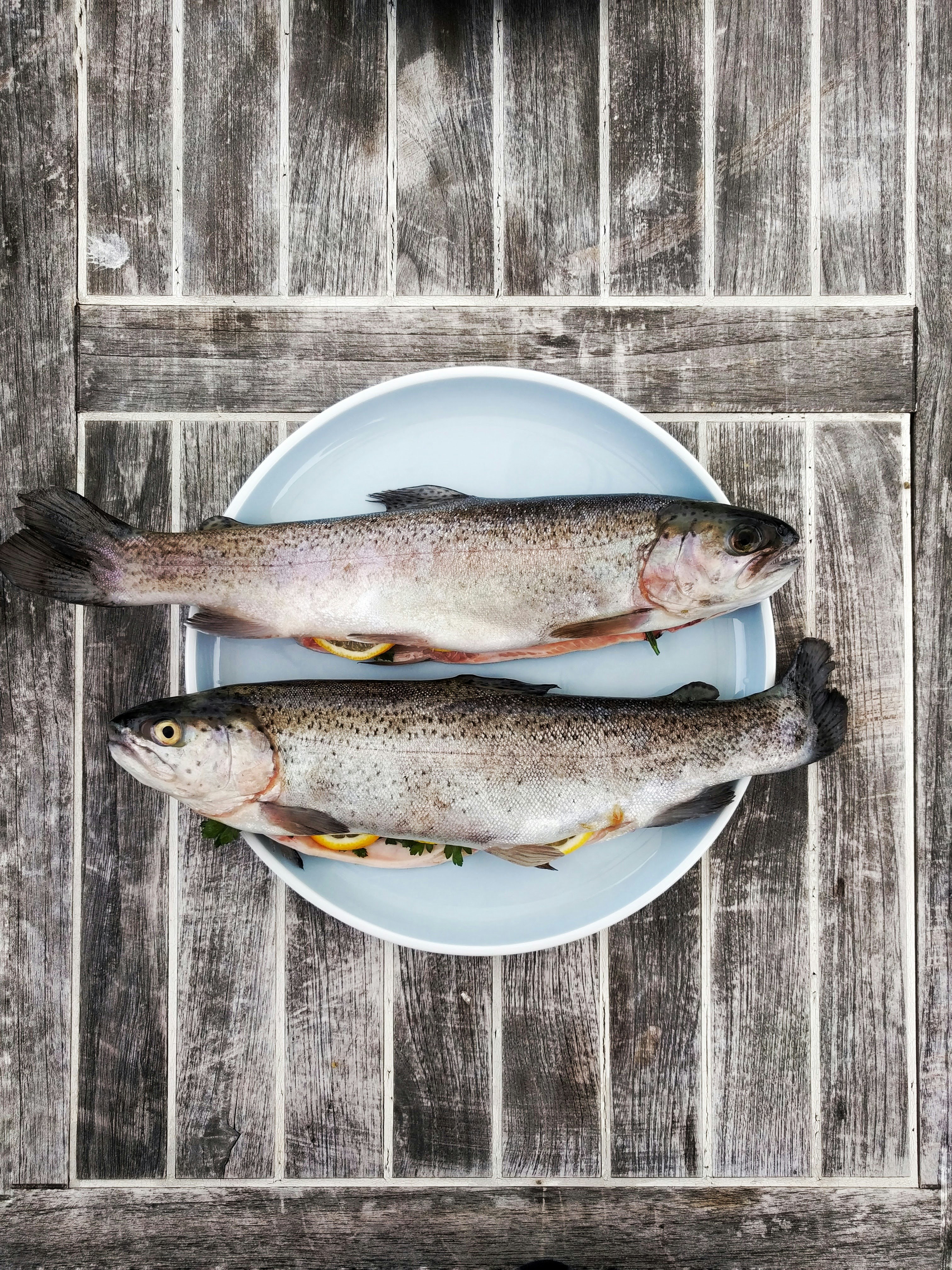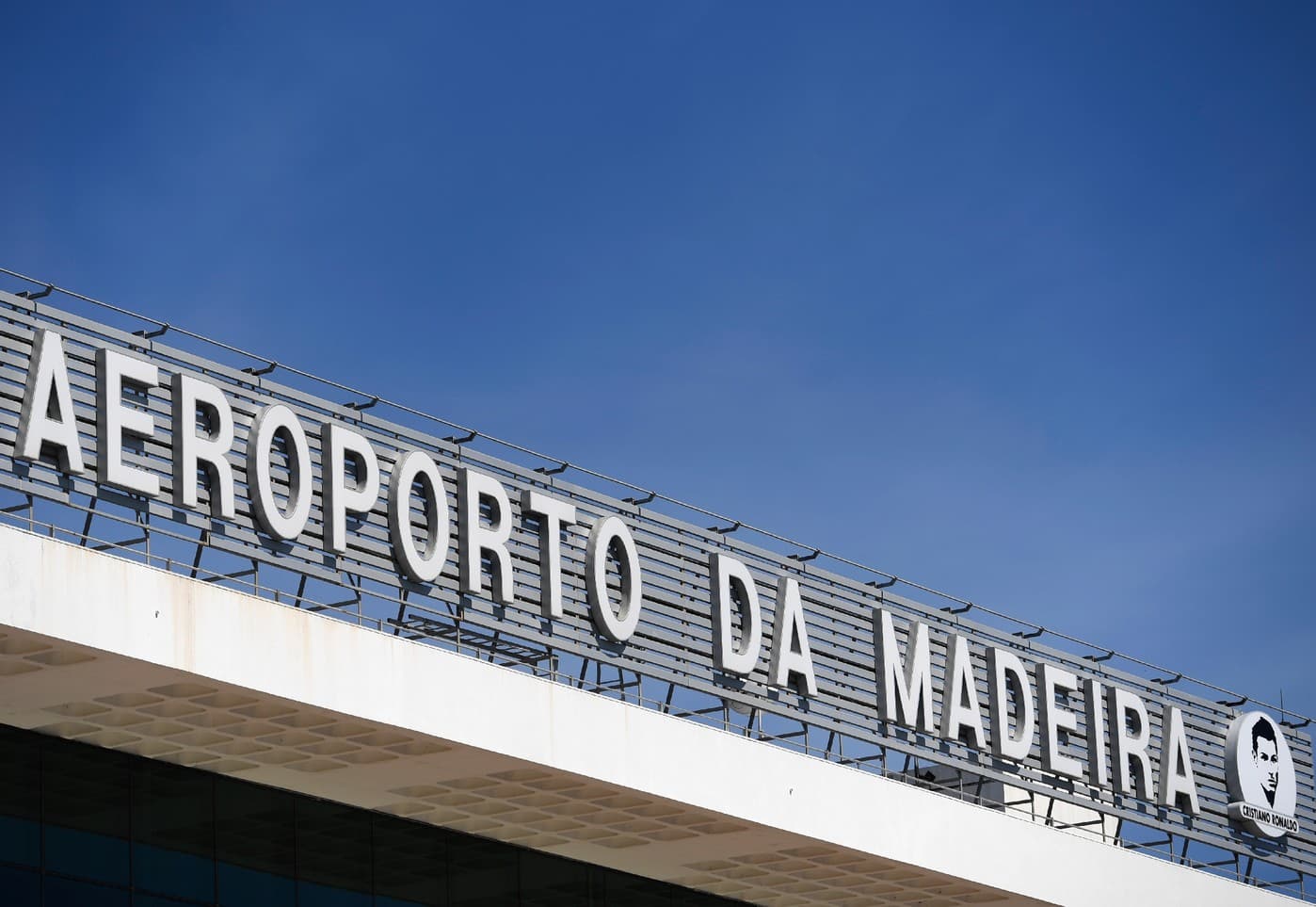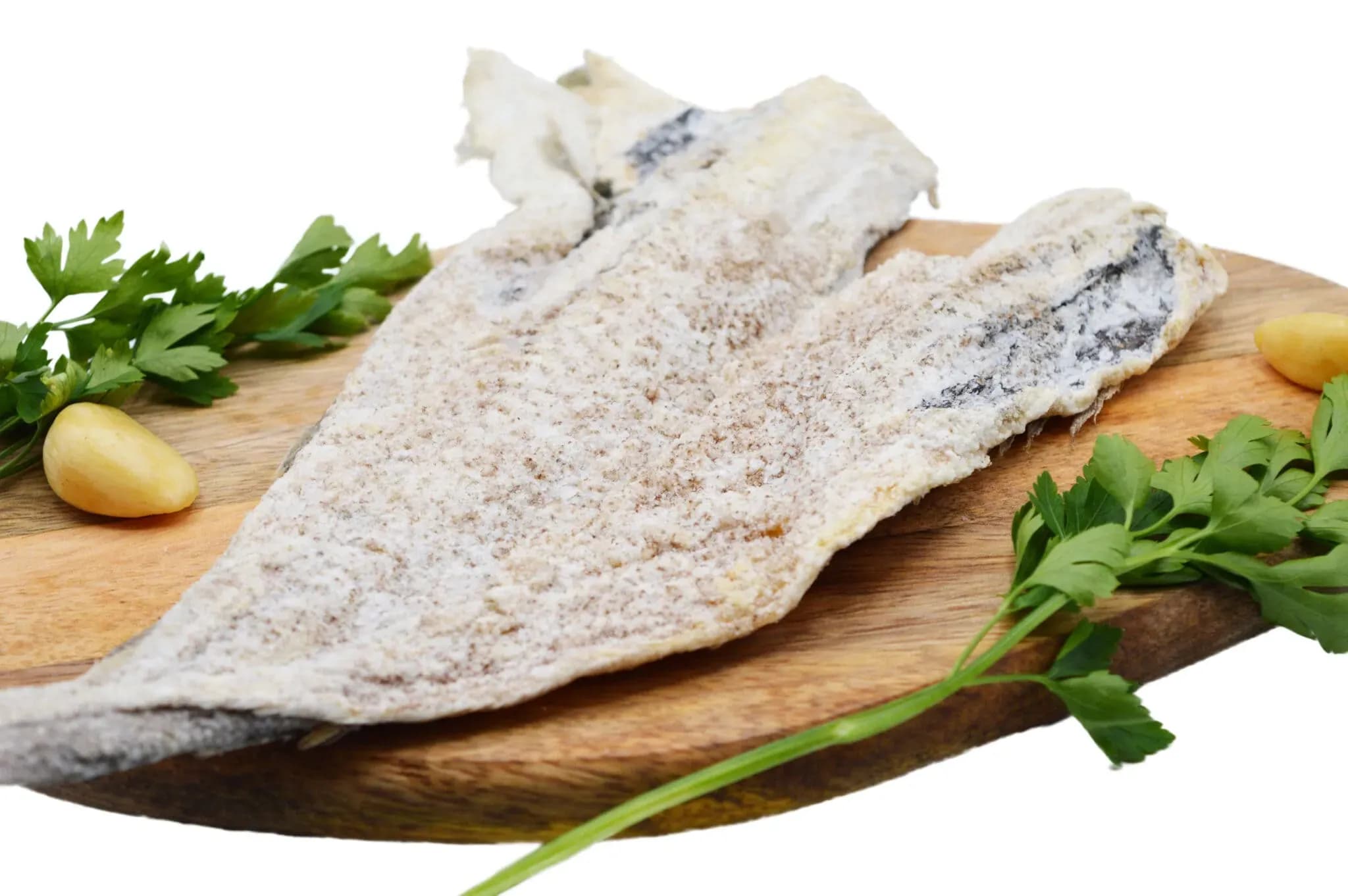
Why Do the Portuguese Love Cod So Much When It Doesn’t Live in Their Seas?
A national symbol and culinary treasure, cod tells a story of distant oceans, tradition, and gastronomic ingenuity.
Portugal is a country turned toward the sea.
Its coastline stretches for more than 800 kilometers, and yet the most emblematic fish of its cuisine, bacalhau (salted and dried cod), does not live in Portuguese waters.
A curiosity that intrigues travelers and fascinates food lovers alike.
How did this fish from the North conquer the hearts of the Portuguese to the point of becoming a cornerstone of their culinary identity?
The story of cod is one of necessity, discovery, and craftsmanship.
A Story Born of the Sea and Exploration
The Portuguese love affair with cod dates back to the Age of Discoveries in the 15th century.
Portuguese navigators, exploring the North Atlantic, discovered the cod banks of Newfoundland, off the coast of Canada.
This fish, abundant, easy to catch, and easy to preserve, quickly became a strategic resource.
At the time, food preservation was a major challenge: without refrigeration, sailors had to find ways to keep their provisions fresh on long voyages.
They then adopted the technique of salting and drying cod, inherited from the Vikings.
This simple yet ingenious process kept the fish edible for months while concentrating its flavor.
Upon their return to Portugal, the sailors brought back this northern treasure, which gradually took its place in local kitchens.
From Sailors’ Fish to People’s Dish
Over the centuries, cod became a central ingredient of Portuguese gastronomy.
Initially eaten by sailors and working-class families, it soon became a daily staple — nourishing, affordable, and versatile.
During the dictatorship of Salazar, in the 20th century, the State even encouraged its consumption for practical and patriotic reasons: cod, imported in large quantities, was stable, inexpensive, and easy to cook.
That’s when the famous expression was born: “cod, the Portuguese’s faithful friend.”
Even today, it remains a symbol of national unity, found on every table — from small village taverns to large family celebrations.

A Thousand and One Cod Recipes
It’s often said there are more than a thousand ways to cook cod in Portugal — one for every day of the year.
And that might not even be an exaggeration.
Among the best-known are Bacalhau à Brás, a delicious mix of shredded cod, shoestring potatoes, scrambled eggs, and parsley.
Then there’s Bacalhau com Natas, a creamy baked dish with onions and cream.
And Bacalhau à Gomes de Sá, a Porto classic combining cod, potatoes, and olives in a simple yet comforting recipe.
Each region has its own version, adapted to local tastes and traditions.
And on Christmas Eve, the traditional dish of boiled cod with cabbage, potatoes, and eggs remains a proud centerpiece on most Portuguese family tables.
A Taste of Identity and Nostalgia
Cod is more than just food: it’s a cultural and emotional bond.
It evokes the memory of sailors, the distant sea, and the ancestral know-how passed down through generations.
It also carries the flavor of “saudade”, that bittersweet feeling unique to the Portuguese soul.
Many Portuguese living abroad take with them a piece of dried cod — a fragment of home.
It’s not just the taste that matters, but what it represents: family, home, tradition, and perseverance.
An Imported Product Turned National Heritage
Ironically, the cod found in Portugal today still comes from afar: Iceland, Norway, Canada, or Greenland.
But it is processed, prepared, and perfected according to Portuguese methods, which make it unique in the world.
Drying, soaking, desalting, and cooking are all codified, almost ritualistic steps.
That’s where Portuguese ingenuity lies: turning a foreign fish into a national emblem.
In traditional markets, the large slabs of dried cod release a strong, familiar aroma.
People touch them, compare them, and choose them carefully — it’s a true popular art.
Conclusion
Cod is much more than a dish: it’s a love story between a people and the sea.
It symbolizes the Portuguese ability to make the best of what nature offers, to adapt the foreign, and to transform it into something deeply local.
Behind every recipe lies a piece of history, memory, and creativity.
And even if cod doesn’t swim in Portuguese waters, it certainly floats in the hearts of those who live there — and of everyone who tastes it.
Share this article
Suggested articles

Why do Portuguese cafés always serve such tiny espressos?
In Portugal, you don’t order “a coffee” — you ask for “uma bica”. This tiny word represents a national institution: a strong, aromatic espresso served in a small porcelain cup. For outsiders, it might look almost symbolic, but in Portugal, it’s not about size. It’s about rhythm and culture.

Cristiano Ronaldo doesn’t just have a museum… he also has an airport named after him!
Yes, he never ceases to amaze us, that Cristiano! The beloved child of Madeira doesn’t just have a collection of Ballon d’Ors or a line of underwear (yes, the one with the 4K abs on giant billboards—don’t pretend you haven’t seen it!). He also has… an airport named after him. That’s right! Because in Portugal, when people love, they don’t hold back—especially when it comes to CR7.

How “Saudade” Became the Most Famous Untranslatable Word in the World ?
Ah, saudade… that word that drifts through the Portuguese air like a fado note, that slips into conversations without ever really being translated. If you live in Portugal, you’ve definitely heard it (maybe even felt it) without quite knowing how to explain it ! And if you haven’t yet, brace yourself : once you understand saudade, it never leaves you.

Why Do the Portuguese Love Cod So Much if It Doesn’t Live in Their Waters?
It is one of Portugal’s greatest culinary paradoxes: a country proud of having one of the largest maritime zones in Europe, with kilometers of Atlantic coastline and ancient fishing traditions, has made its national fish one that doesn’t even swim in its waters. Cod is absent from the Portuguese sea, yet omnipresent in the nation’s culture, gastronomy, and collective imagination.

The mystery of mosaic pavements, a Portuguese invention copied around the world
Ah… those Portuguese sidewalks! You know, the ones that make you walk with your head down in Lisbon or Porto, not because you’re lost in thought, but because they’re just so beautiful (and, let’s be honest, a bit dangerous if you’re wearing heels !). Those little black-and-white stones, sometimes arranged in spirals, sometimes in waves, and sometimes so slippery they deserve a warning sign that says, “Caution: hazardous masterpiece.” Yes, you know exactly what I’m talking about the calçada portuguesa, or Portuguese mosaic pavement.


